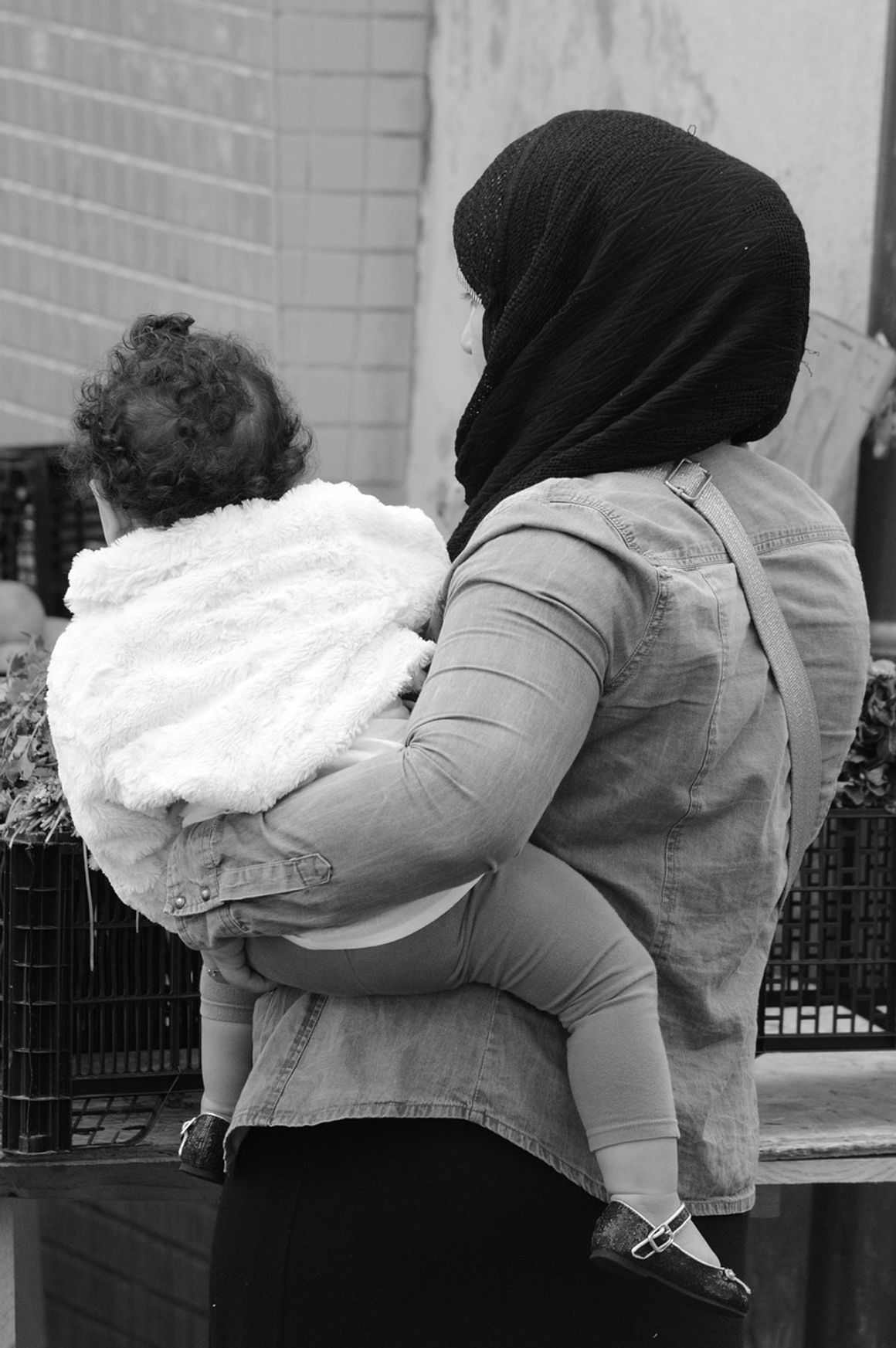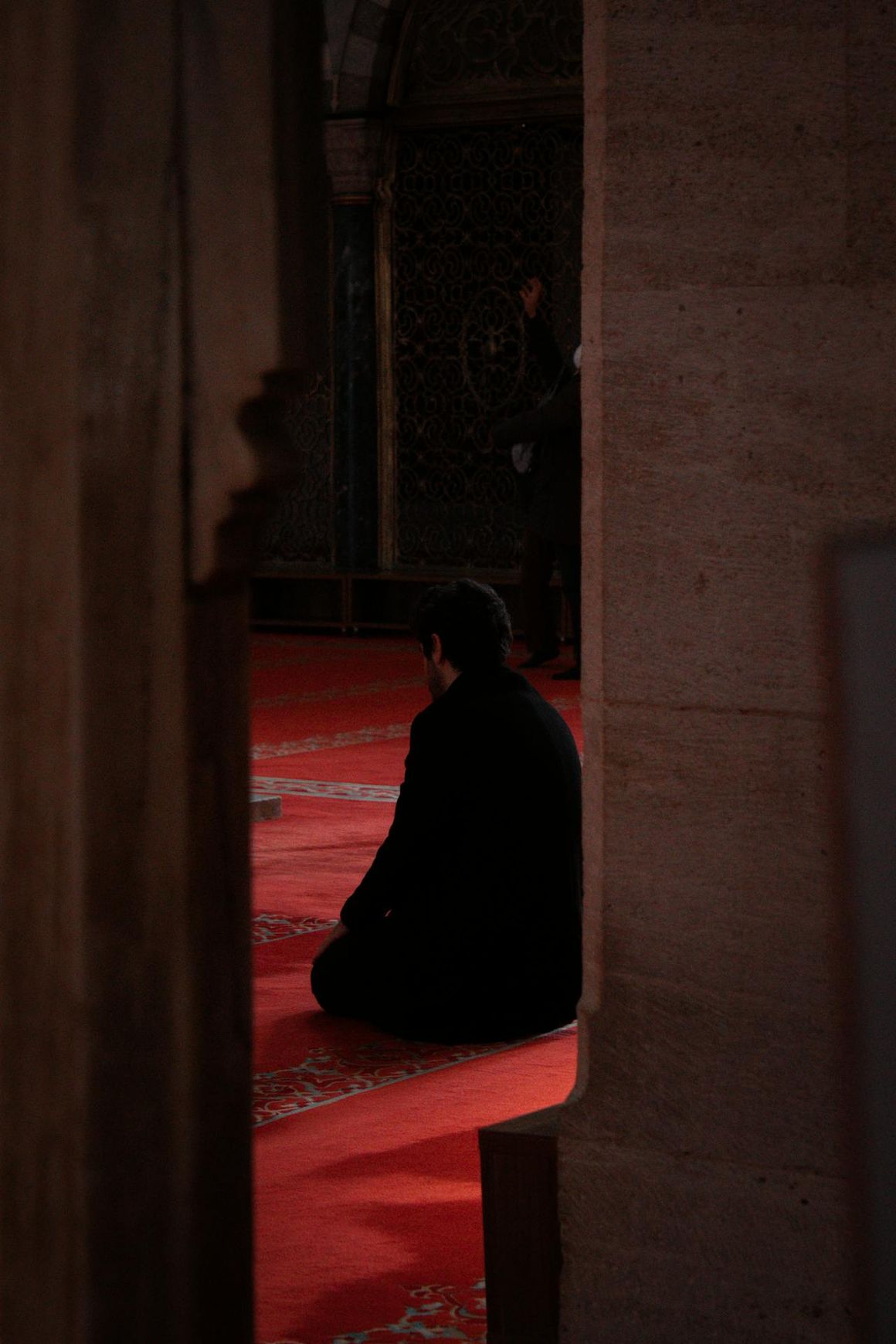We’re conditioned to believe that busy is a badge of honor. Hustle culture glorifies overwork, and downtime is often seen as a sign of weakness. But what if I told you that a slower, more intentional way of life isn’t just good for your well-being, but deeply rooted in Islamic tradition?
Enter the concept of “Slow Living” – a lifestyle that prioritizes quality over quantity, connection over consumption, and presence over productivity. It’s not about doing less, but about doing things deliberately and with intention. And surprisingly, it echoes many principles found within the Sunnah (the teachings and practices of the Prophet Muhammad, peace be upon him).
The Islamic Roots of a Slower Pace
While “Slow Living” is a relatively new trend in the West, its core tenets resonate deeply with Islamic teachings. Consider these points:
- The Importance of Sakina (Tranquility): The Quran frequently mentions sakina – a sense of peace, tranquility, and spiritual serenity. This isn’t something achieved through constant activity, but through mindful reflection and connection with Allah.
And He sent down tranquility upon your hearts. Quran 2:10
- The Sunnah as a Model of Balance: The Prophet Muhammad (PBUH) wasn’t a workaholic. He balanced work and worship, family life and community service, contemplation and action. He prioritized quality time with his family, engaged in regular acts of worship, and took time for reflection.
- The Value of Tawakkul (Trust in Allah): Slow Living encourages us to let go of control and trust in the natural rhythm of life. This aligns perfectly with the Islamic concept of tawakkul – relying on Allah’s plan and accepting what He decrees.
- The Condemnation of Wastefulness (Israaf): Islam strongly discourages wastefulness in all its forms – whether it’s wasting time, resources, or energy. Slow Living encourages us to be mindful of our consumption and prioritize experiences over material possessions.
How to Embrace Slow Living as a Muslim
So, how can we integrate Slow Living principles into our daily lives while staying true to our faith? Here are a few ideas:
- Mindful Mornings: Start your day with prayer, Quran recitation, and a moment of quiet reflection before diving into the chaos.
- Digital Detox: Schedule regular breaks from technology to reconnect with yourself, your family, and the natural world.
- Intentional Eating: Savor your meals, practice gratitude for the food you have, and avoid mindless snacking.
- Quality Time with Loved Ones: Prioritize meaningful connections with family and friends over superficial interactions.
- Nature Walks & Outdoor Activities: Spend time in nature to reconnect with Allah’s creation and find peace and tranquility.
- Simplify Your Life: Declutter your home, reduce your possessions, and focus on what truly matters.
- Practice I’tikaf (Spiritual Retreat): Dedicate time for focused worship and reflection, away from the distractions of daily life.
Beyond Self-Care: A Spiritual Practice
Slow Living isn’t just about self-care; it’s a spiritual practice. It’s about aligning our lives with the rhythm of Allah’s creation, cultivating gratitude for His blessings, and finding peace and tranquility in His presence. It’s a reminder that true wealth isn’t measured in material possessions or worldly achievements, but in the quality of our relationships, the depth of our faith, and the peace in our hearts.

